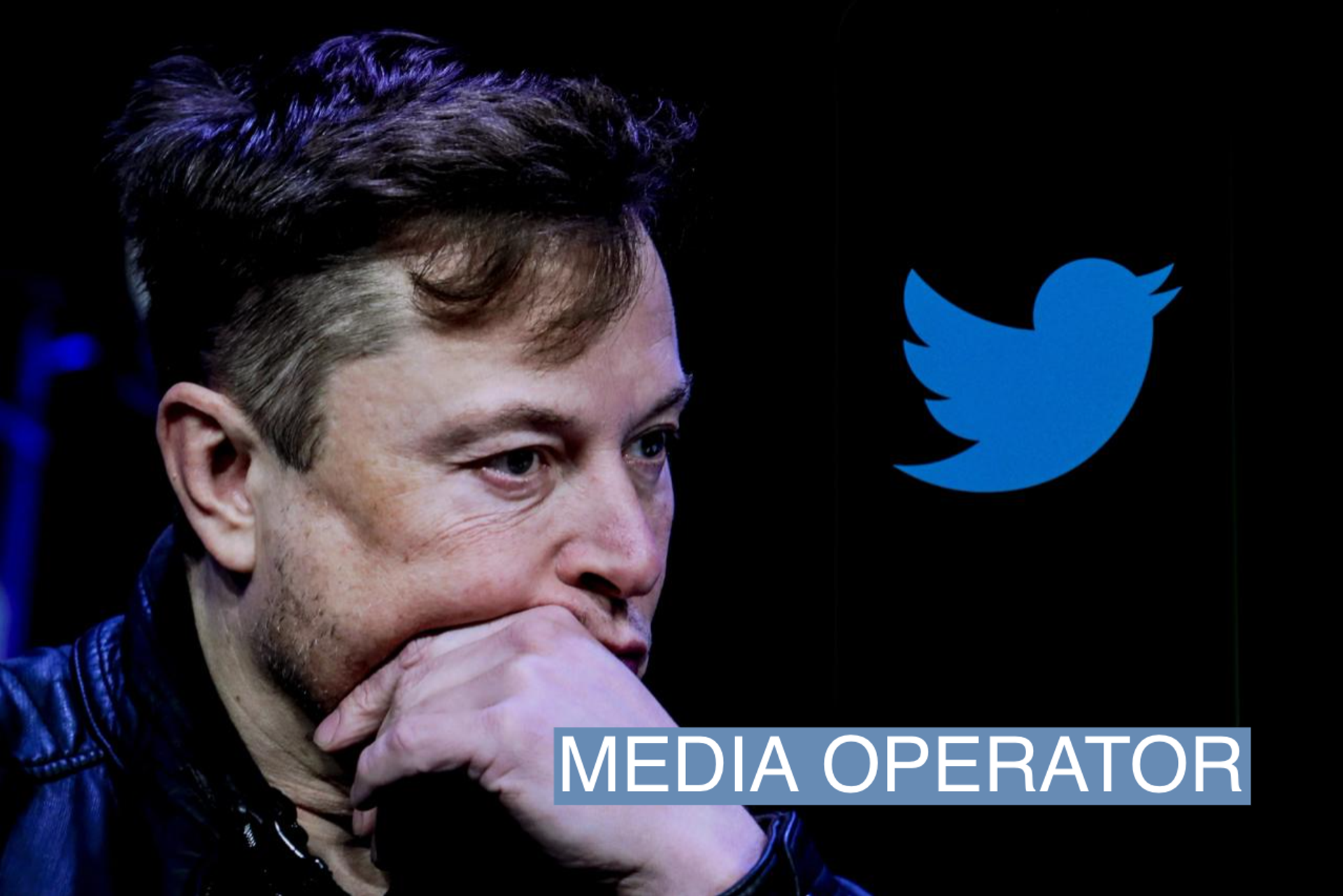The Scoop
Elon Musk travels to Miami later this month in an effort to mollify advertisers as he grapples with the reality of a traditional, difficult, media business.
He will face a tough crowd at the conference of MMA Global, a key digital marketing trade association. Earlier this week, Semafor obtained emails among some of America’s top marketing executives who are concerned about Musk attitudes on, in particular, race.
In one email, McDonald’s chief marketing and customer experience officer Tariq Hassan described Musk’s acquisition as “a situation post-acquisition that objectively can only be characterized as ranging from chaos to moments of irresponsibility.” He also said that “for many communities, his willingness to leverage success and personal financial resources to further an agenda under the guise of freedom of speech is perpetuating racism resulting [in] direct threats to their communities and a potential for brand safety compromise we should all be concerned about.”
He wasn’t alone: Colgate-Palmolive’s vice president and general manager of consumer experience and growth said in an email to the group that she was “both excited for the success of the conference while also mindful of the harmful and often racist rhetoric of Elon Musk.”
A Twitter executive, Chris Riedy, was on the leaked thread, and earnestly thanked the CMOs for their brutal feedback.
Riedy, who Musk put in charge of Twitter’s advertising in November, appeared to be speaking for Twitter despite having been widely reported to have been laid off in a round of cuts in February.
In fact, a senior marketing executive familiar with the situation said, Riedy was quickly un-fired, but lost his role running the company’s sales organization. Its senior members now report directly to Musk. (Riedy didn’t respond to an inquiry.)
In this article:
Max’s view
Since buying Twitter late last year, Musk has clearly been caught between a drive to turn Twitter into a good business, and an impulse to turn it into an ideologically-informed morality play.
To the degree he’s focused on the business, he’s run through the options many media operators consider: Advertising, tiered subscriptions, paid content, and other conventional options. In 2021, when Twitter was public, about 90% of its revenue came from advertising.
But Musk’s outspoken conservative political views and occasional direct attacks on his customers have deeply damaged that ad business. The new Twitter owner himself has acknowledged that many top advertisers have paused advertising since he took over, resulting in a steep decline in revenue.
He also appeared in recent days to be focused on building a subscription news business to rival Substack, although the newsletter company values itself at $585 million — about 3% of what Musk values Twitter at — and reported revenue of $12 million in 2021, the last year for which numbers were public. Musk may be trying to compete with Substack, or to force the newsletter company to sell to him, but even at its best it would represent a rounding error in the $5 billion in ad revenue Twitter reported in 2021.
Twitter’s decision on Friday to partially limit engagement on posts with Substack links immediately angered some of the newsletter company’s writers, who also happen to be some of Twitter’s more prolific posters. Prominent Substacker and Twitter poster Josh Barro said he wouldn’t be using Twitter until the platform reversed its Substack policy. Journalist Matt Taibbi, who was granted access by Musk to Twitter documents for his Twitter Files reporting series, also said that he planned to leave the platform due to Twitter’s new rules.
“In recent months, Musk has leaned heavily on certain prominent Substack writers (including Taibbi, Bari Weiss, and Michael Shellenberger) to share his narrative about the past and present management of Twitter,” Barro wrote on Saturday. “He has recognized some writers on this platform as important counterweights to traditional media outlets, and now he’s telling them to fuck off. This move is not aligned with any version of what you might take to be his goals about speech on the internet.”
Room for Disagreement
The best case for Musk’s management is on the cost side of the ledger: Twitter was losing money on more than $5 billion in revenue. Musk said in March that he had cut its expenditures, to $1.5 billion from a projected $4.5 billion in 2023, excluding the debt from his acquisition, Reuters reported. As a result, Twitter could become profitable with a more modest business.
Ben’s view
There’s only one obvious business line Musk hasn’t tried, though it’s one that would take the platform out of the news business, ending its role either as a sober global platform for news or a reactionary and chaotic one: Sports gambling.
Gambling is one of the best businesses in the world for obvious reason — that’s where the money is, and the house always wins — and gambling platforms have begun to encroach on the media space. Live sports are probably the sturdiest remaining pillar of the social network, and also potentially the most lucrative.
Notable
- Journalists (or at least tech journalists) haven’t followed through on their threats to quit Twitter, in part because of inertia, and in part because “the power of chaos to command our attention,” Casey Newton opines.
- Musk’s messy decision to label National Public Radio a government outlet is “an insult to the notion of a free press” which conflates “an editorially independent nonprofit organization like NPR with state-controlled propaganda mills” in Russia and China, Senator Ron Wyden said.
- Musk “thinks he can insult people into giving him a reliable revenue stream, and I don’t believe that will work,” writes Josh Barro.
